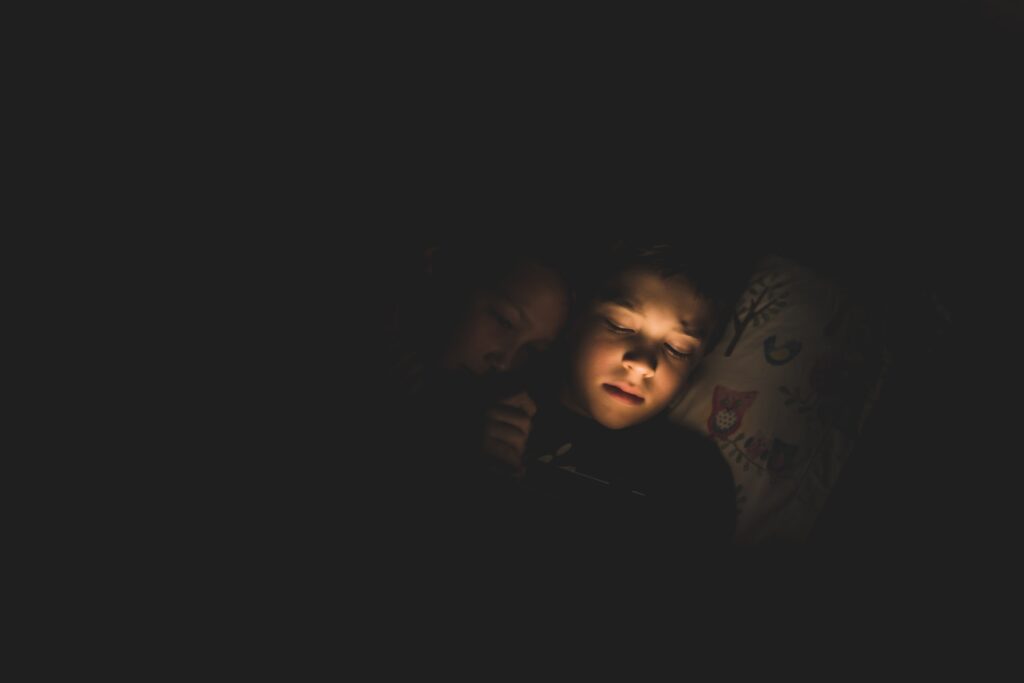
Dealing with Childhood Trauma in Adulthood
Childhood trauma comes in many forms, but one thing is clear, it can have long-lasting and devastating effects on people’s lives.
But it doesn’t need to stay that way, and there is light at the end of the tunnel with the right support in place.
Types of childhood trauma
Historical abuse, also known as non-recent child abuse, is when an adult was abused as a child or young person.
Not all abuse is sexual or physical. Emotional abuse, neglect and witnessing horrific domestic abuse in childhood can have terrible impacts into adulthood.
But trauma isn’t just caused by abuse. bullying, taunting or being singled out at school for example can stay with someone for many years.
And witnessing crimes or violence or being involved in or witness to incidents such as road traffic accidents as a child can also lead to trauma.
The effects can be short term but sometimes they last into adulthood.
Long-term effects of childhood trauma
The impact of childhood trauma and child abuse can last a lifetime, especially if it’s never addressed.
Abuse can have a huge effect on people’s health, relationships and education and can stop them from having the childhood and life they deserve.
People might find it harder to cope with life’s challenges, keeping a job, or being the type of parent they would want to be. They may also develop mental health problems, or substance misue issues as a result of childhood trauma.
It is estimated that up to two thirds of all those in treatment for substance abuse report that they were physically, sexually, or emotionally abused during childhood, and as many as 80 percent of people referred to mental health services have histories of childhood abuse.
Finding life a struggle is true of other childhood traumas too, and can show up as Post Traumatic Stress Disorder even years afterwards.
Sadly, it’s more likely that those who’ve experienced abuse as a child will go on to suffer abuse again, commonly finding themselves in relationships with domestic abuse.
Getting triggered later in life
A “trigger” is something which acts as a reminder of trauma, and could be a feeling, a smell, a place, a topic, or anything that engages our nervous system and prompts a survival response which then triggers memories of the trauma.
They often come completely out of the blue in adulthood, especially if you have buried deep in your subconscious what happened to you as a child and never spoken about it.
Whilst some people have known for a very long time, others may have only recently learned or understood what happened to them as children.
The #MeToo Movement has been a trigger for many people and seeing reports of historical abuse in the media regarding famous tv and film personalities has brought up uncomfortable memories, but also allowed others to come forward and speak out about what happened to them, knowing they aren’t alone.
Whether the trauma happened once or multiple times, a few or many years ago, whatever the circumstances around it, there is support available to help people. It is never too late to deal with childhood trauma.
Support for childhood trauma in adulthood
If you experienced trauma as a child, you deserve to be listened to and get support to work through your feelings. Whether you are speaking about the trauma for the very first time or have had help in the past but need support again, I can help.
The National Association for People Abused in Childhood says that the abuse they suffered years or even decades ago is damaging the lives of millions of adults today, and that every individual has the right to leave the impact of childhood abuse behind, grow as a person and enjoy a happy and fulfilled adult life, and I couldn’t agree more.
It is never too late to report abuse that you experienced as a child. But you don’t have to report it to anyone if you don’t want to. No one should pressure or force you to report it and my role as a counsellor is to help you overcome any negative effects from past trauma, not to persuade you to report it.
More than 5,000 people have shared their experiences of childhood sexual abuse with the Truth Project since it launched five years ago. Their aim is to bear witness to the collective voice of victims and survivors of child sexual abuse, and the impact their experiences have had on them.
This is something you may feel is right for you.
Survivor’s accounts and suggestions make a hugely important contribution to the work of the Independent Inquiry into Child Sexual Abuse to help protect children from abuse, both now and in the future.
The Truth Project will draw to a close during 2021. But you can share your experience before it concludes.
Whether you share your story with the Inquiry or not, and whether any crimes or abuse were reported or not, I am still here to help you navigate your feelings, explore your behaviours and guide you to feel more at peace with any childhood trauma you have experienced.
Counselling can help you make sense of what’s happened to you, and psychotherapeutic Counselling is a form of counselling that concentrates on the client as a whole person (mind, body and soul).
I am a qualified and experienced psychotherapeutic counsellor accredited and registered with the UK Council for Psychotherapy.
I aim to create an environment where you feel comfortable, safe and relaxed, giving you the opportunity to explore what you have been through. By talking regularly, we can explore together how to heal and cope with what has happened to you, and how to move forward in a positive light.
If you would like to find out more about counselling or book a session, contact Liz for an informal chat.
